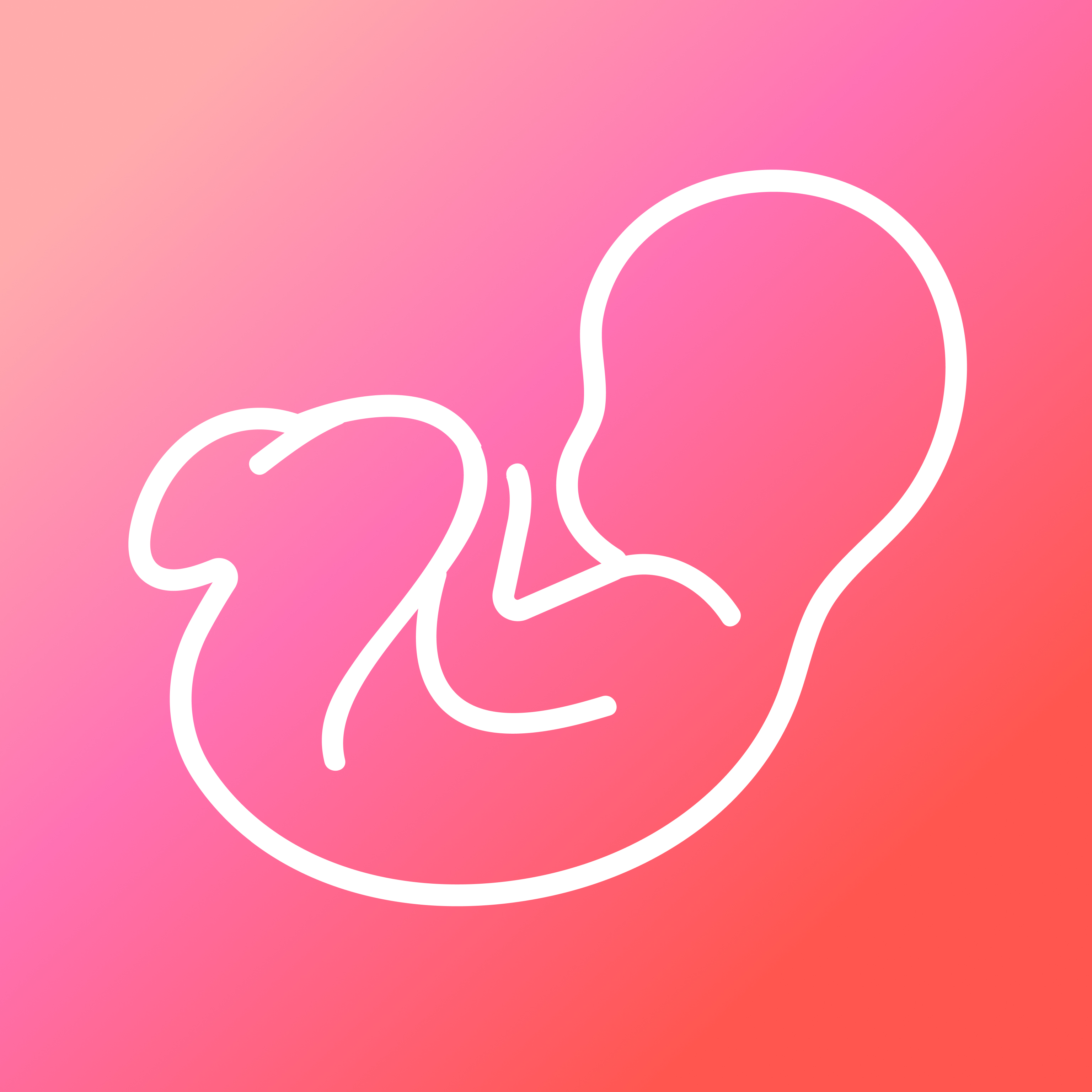Recognizing Postpartum Warning Signs and Seeking Help
The arrival of a newborn brings forth a myriad of emotions—joy, excitement, but also unforeseen companions like fear and anxiety.
Amidst these emotions, another uninvited guest might emerge—depression.
Understanding Postpartum Depression: A Compassionate Approach
Postpartum depression isn't a weakness or character flaw; it's an intricate facet of childbirth.
Prompt intervention is pivotal in managing its symptoms and nurturing the vital parent-child connection.
Symptoms of Postpartum Depression
A complex tapestry of emotions emerges, affecting various aspects of life.
The Path to Healing: Seeking Support and Embracing Care
Offering Compassion to Oneself: Remember that seeking help is a sign of strength, not weakness.
Vigilance for Severe Signs: Immediate attention is crucial if symptoms:
Extending Support to Others: A Shared Journey
Postpartum depression isn't exclusive to mothers; fathers can also be affected.
Partner support plays a pivotal role.
Acknowledging the Complex Factors
Postpartum depression's roots are multi-dimensional, a convergence of genetics, physical changes, and emotional factors.
Embracing Prevention and Support
Preparation and early intervention are keys to managing postpartum depression.
By embracing understanding, compassion, and support, the journey through postpartum depression can become a pathway to healing, resilience, and renewed joy in both parenting and life.






Answer
0